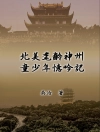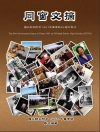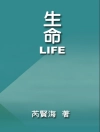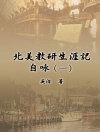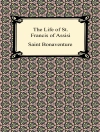The first authoritative study of the emergence of the modern concept of literature in German romanticism.
The Literary Absolute is the first authoritative study of the emergence of the modern concept of literature in German romanticism. The authors trace this concept from the philosophical crisis bequeathed by Kant to his successors, to its development by the central figures of the Athenaeum group: the Schlegel brothers, Schelling, and Novalis.
This study situates the Jena romantics’ ‘fragmentary’ model of literature-a model of literature as the production of its own theory-in relation to the development of a post-Kantian conception of philosophy as the total and reflective auto-production of the thinking subject. Analyzing key texts of the period, the authors articulate the characteristics of romantic thought and at the same time show historical and systematic connections with modern literary theory. Thus, The Literary Absolute renews contemporary scholarship, showing the romantic origins of some of the leading issues in current critical theory.
قائمة المحتويات
Translators’ Introduction: The Presentation of Romantic Literature
Note on the Text
Preface: The Literary Absolute
Chronology
Summary of the Athenaeum
Overture: The System-Subject
1. The Fragment: The Fragmentary Exigency
2. The Idea: Religion within the Limits of Art
Appendix: Note on
Heinz Widerporst’s Epicurean Confession of Faith
3. The Poem: A Nameless Art
4. Criticism: The Formation of Character
Closure: Romantic Equivocity
Notes
Bibliography
Appendix: Topical Index to the Fragments
Index
عن المؤلف
Philippe Lacoue-Labarthe and Jean-Luc Nancy are philosophers who teach at the Université de Strasbourg. Cheryl Lester is Assistant Professor of English at the University of Kansas. Philip Barnard is Assistant Professor of Literature at American University.



